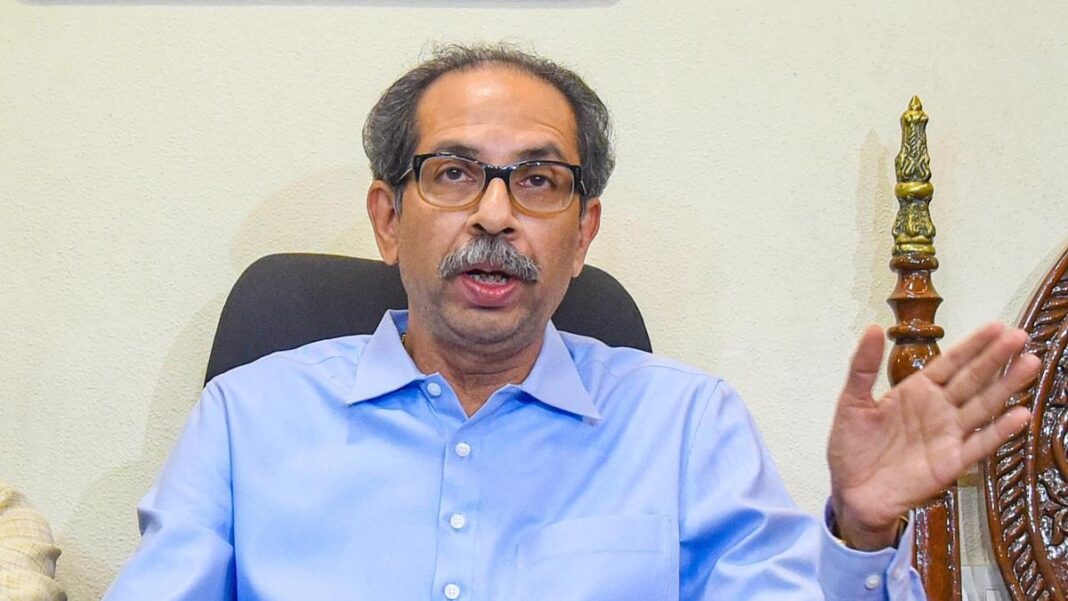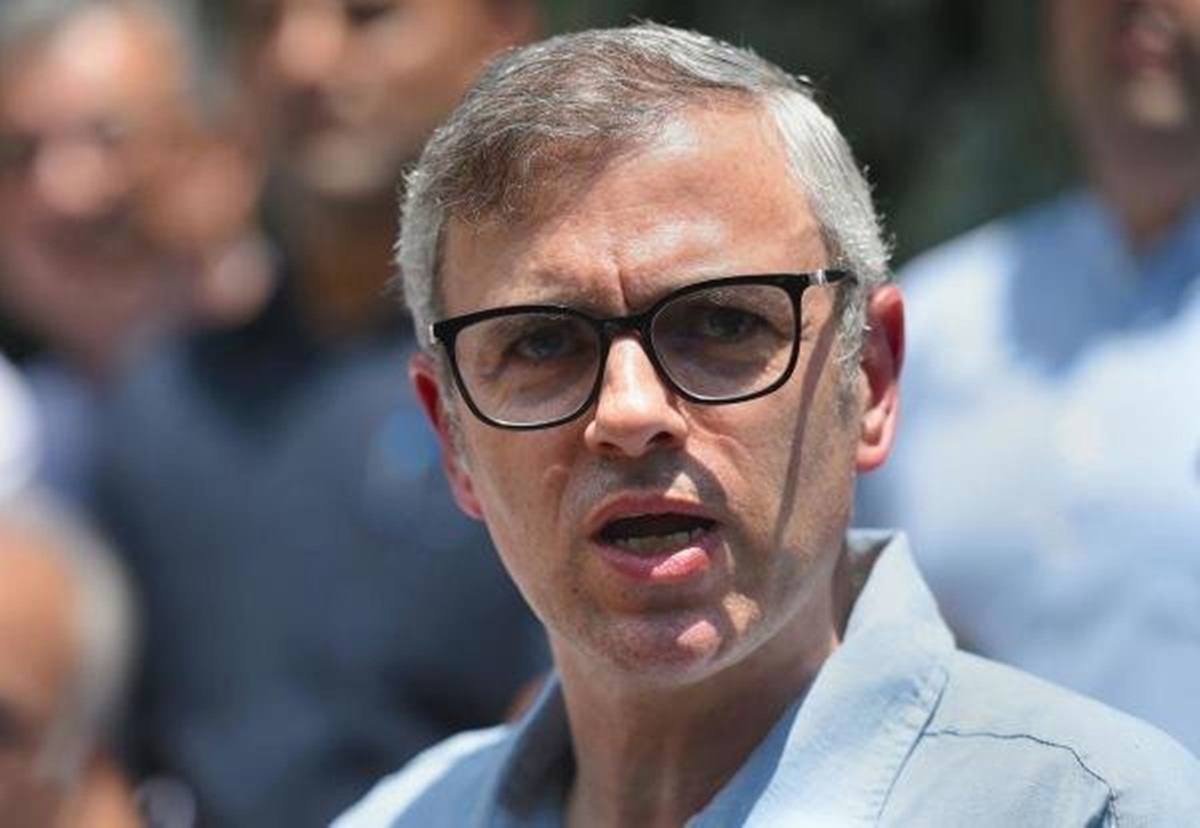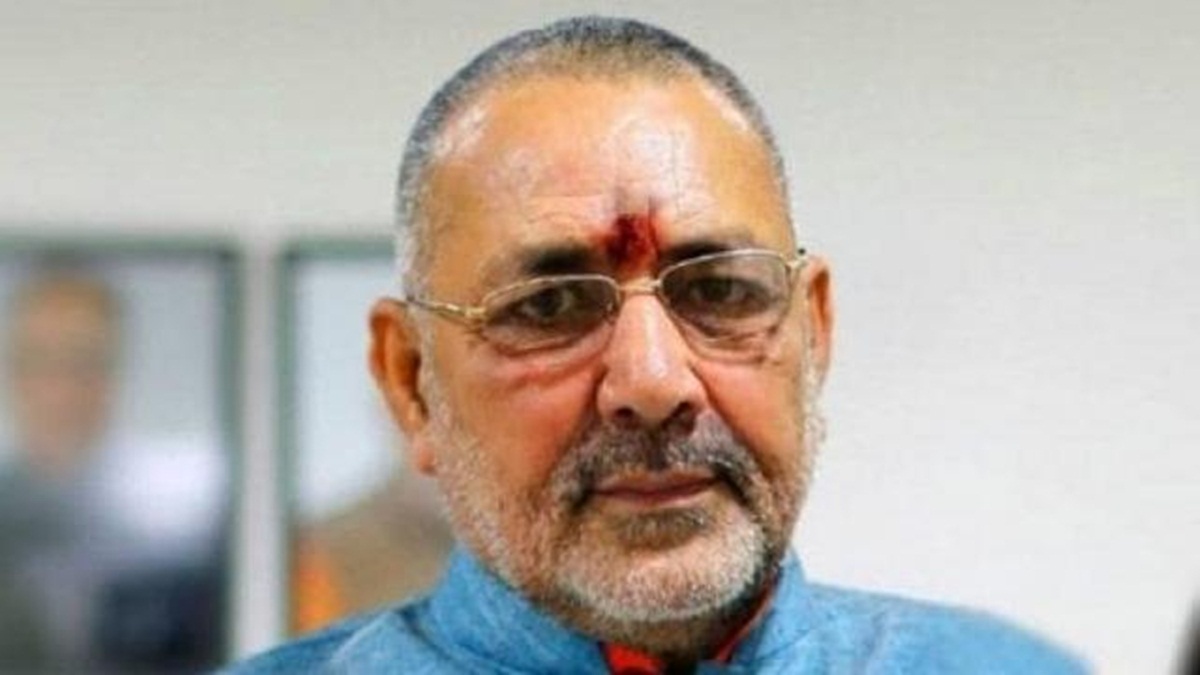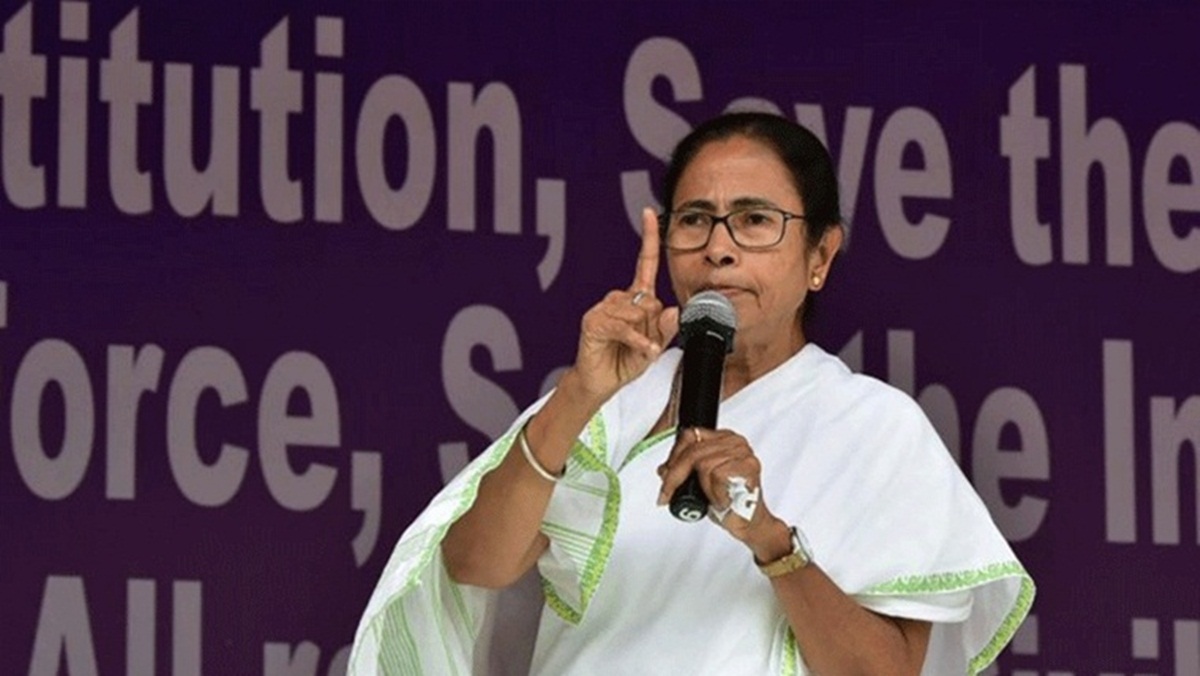X: @vivekbhavsar
Mumbai: The announcement of an assembly poll code of conduct ahead of Dussehra could pose significant challenges for Uddhav Thackeray, the leader of the Shiv Sena Uddhav Balasaheb Thackeray faction. The ruling Shiv Sena faction of Chief Minister Eknath Shinde is making its bid to ensure that the poll code is enforced before the Dussehra festival, thereby denying any leverage that the rival Thackeray faction might have before the polls.
The Dussehra festival holds immense political and cultural importance for the Shiv Sena, as the party traditionally organizes a major rally in Mumbai, often serving as a platform for major political speeches and announcements.
Dadar’s Shivaji Park and Shiv Sena’s Dussehra Melawa have a strong mutual connection with the Shivsainiks for decades now. It was late Sena chief Balasaheb Thackeray’s clarion call to the Shivsainiks from this very iconic ground had witnessed a regime change in Maharashtra.
If the Model Code of Conduct (MCC) is enforced due to impending elections, it could restrict certain political activities. These restrictions include limitations on new announcements, inaugurations, or public gatherings that are perceived to influence voters.
According to a party leader from the Shinde faction, it may not matter even if the Shinde faction is not able to hold its own Dussehra Melawa, but under no circumstances Uddhav Thackeray should be allowed to hold the rally and let his supporters a chance to listen to his speech.
In Uddhav’s case, his ability to leverage the Dussehra rally to galvanize support or make political statements may be curtailed. Moreover, the MCC could impact the Shiv Sena’s campaigns, outreach strategies, and fund mobilization efforts, especially if the party plans to roll out any new programs or make promises to voters during this time.
As a part of the strategy, the Election Commission of India (ECI) is working on how to enforce the Model Code of Conduct (MCC) ahead of the Dussehra festival which falls on October 12, a Saturday. The earlier plan was to announce the poll dates a day later on Sunday, October 13. Although the ECI is an autonomous body, it does consult the ruling dispensation before finalizing the poll dates.
That being said, Uddhav Thackeray, with his strong political base, is known for finding creative ways to connect with his supporters. While the poll code may impose restrictions, it could also intensify his efforts to engage with voters through alternate means, such as digital platforms or smaller, less formal gatherings that comply with the MCC guidelines.
However, the timing of the MCC, coupled with political pressures from rival factions, especially the Shiv Sena (Eknath Shinde faction), may add to the difficulties Thackeray faces during this crucial period.
Also Read: Utilise ballot boxes in rural area until sufficient EVMs be available
If one is to believe the Shinde faction leader, CM Shinde is drawing up strategy to corner Uddhav Thackeray. As part of it, moves are afoot to ensure that the Dussehra rally of the Thackeray faction does not happen and the poll dates are announced either on October 10 or October 11 itself.
The state government apparently has urged the ECI to hold polls in two phases. For the assembly elections, the ECI earmarks about 35 days for election campaigning. If the ECI agrees to a two-phase polling, then voting could take place on November 13 and November 16. If the ECI decides on a single day polling, then voting could take place on November 16 and counting of votes and declaration of results could take place on November 20
If the poll dates are announced before the Dussehra, then Uddhav Thackeray will not be able to hold the rally at Dadar’s Shivaji Park and give his message to his Shivsainiks and the people at large in Maharashtra. This could have an impact on the Thackeray factions support base in Mumbai and neighboring Thane district, so opine Shinde faction leaders.
While the enforcement of the MCC ahead of Dussehra could create hurdles for Uddhav Thackeray’s political activities, it would also be an opportunity to adapt to the changing electoral landscape.






